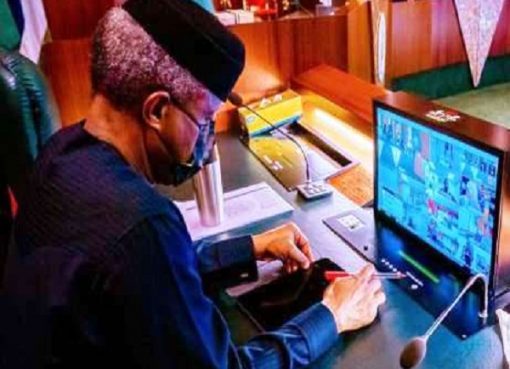A report titled: ‘Unlocking investments in the power sector – A case for Independent Power Production,’ published by a foremost Pan African credit rating agency, Augusto and Co, has stated that independent power plants (IPPs) in Nigeria are impeded from growing their capacity to bridge Nigeria’s huge energy gap by the sector’s poor governance.
The report which was obtained recently, that while existing IPPs in Nigeria currently provide up to 41 per cent of the electricity put on the national grid, and could in the long term bridge the 25,000 megawatts (MW) supply gap Nigeria has, financial challenges has made it impossible for them to expand.
It stated that over 100 IPPs licences had been granted by the Nigerian Electricity Regulatory Commission (NERC) since the country privatised its power market, but less than 20 were currently producing electricity.
According to it, Nigeria’s best shot at bridging her huge electricity supply gap was with the IPPs.
“Independent Power Production (IPP) in Nigeria was conceived as a means of boosting the nation’s generating capacity through private sector participation. The emergence of IPPs in Nigeria dates back to 1999, when the first private generating company – AES Barge (formerly known as Enron) was commissioned in the pre-reform era, supported by a decree that permitted private participation in the electricity sector.
“Prior to the divestment of government from state owned enterprises (SOEs) within the electricity value chain in 2013, only a handful of IPPs existed in the country. Subsequent to the privatisation of the country’s power assets, over 100 IPP licenses have been issued by the Nigerian Electricity Regulation Commission (NERC).
“Despite this seeming increased private sector participation, less than 20 IPPs currently supply power to the national grid,” said the report.
Source: This Day











16 thoughts on “Poor Governance Weakening Contributions of IPPs”